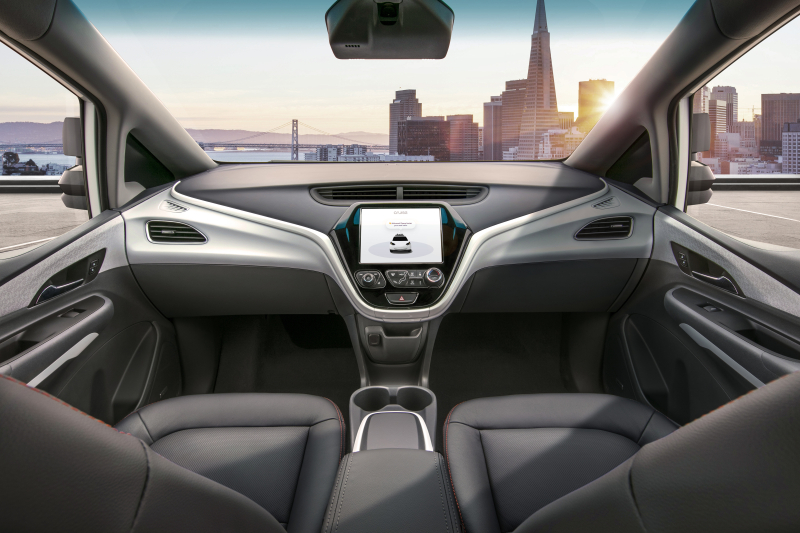California green lights driverless car testing
 |
| No driver needed in this Chevy |
Driverless cars will be tested on California roads for the first time without a human being behind a steering wheel under new rules for the fast-developing technology.
The regulations approved Monday are a major step toward getting autonomous vehicles onto the streets of California.
Until now, driverless cars could only be tested with human backup drivers who could take over in an emergency.
One of the few places you can see an autonomous car with no human operator inside, is at Waymo’s secret private test track in the Central Valley town of Atwater.
But the California DMV has officially laid out the ground rules for the next phase of autonomous car testing. Manufacturers can apply for permits allowing driverless testing when the regulations go into effect April 2.
The rules approved by California’s Office of Administrative Law also create the framework under which consumers can eventually buy driverless cars.
The state’s Department of Motor Vehicles says it’s a big boost for regulations that have been in the works for years.
Californians could be seeing empty cars driving themselves on public roads in about a month.
Some of the permit criteria are: companies must tell police the time, date, and streets where testing will occur; companies must continuously monitor the vehicle with a two-way communication link.
And if possible, police officers should be able to disengage the autonomous mode.
In the event of a crash, companies must also submit a so-called “law enforcement interaction plan" which is basically, a way to communicate with police, where to find the registration, proof of insurance, and so on.
The cars are not required to have any special markings, so the only way to know for sure if there’s no human there, is to just peek inside and look for an empty seat.
Glenn Stevens with MICHauto, an advocacy group for the auto industry in Michigan, said, he thinks it’s a positive step for the tech industry and the auto industry.
Stevens says California’s regulatory move will encourage other states, and countries, to keep moving forward on autonomous vehicle technology. Kiet Do/AP
